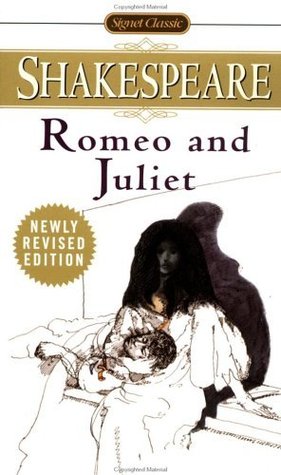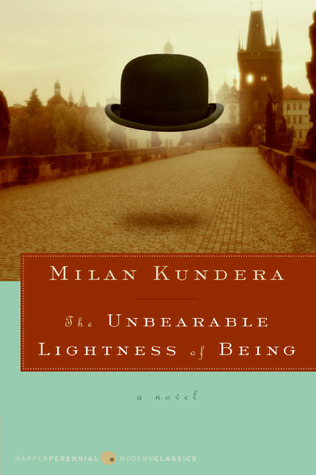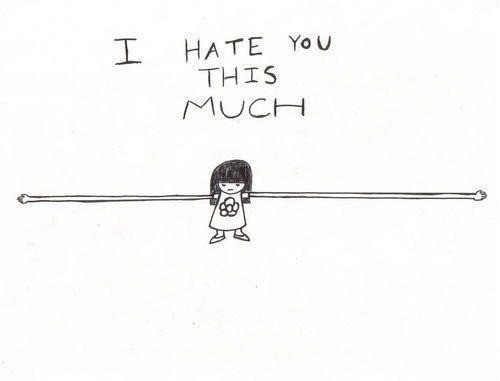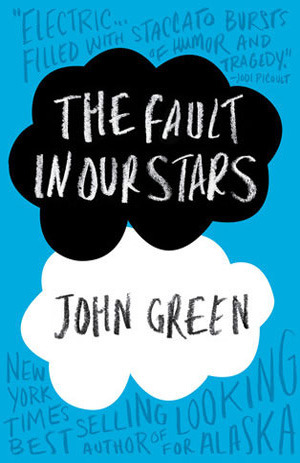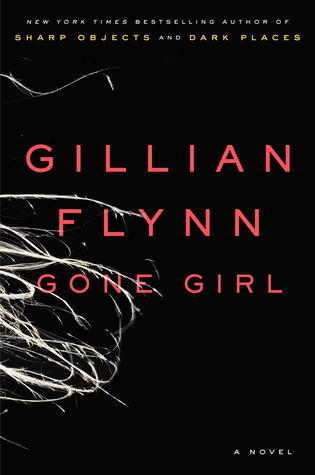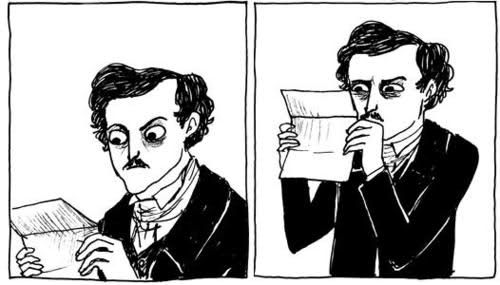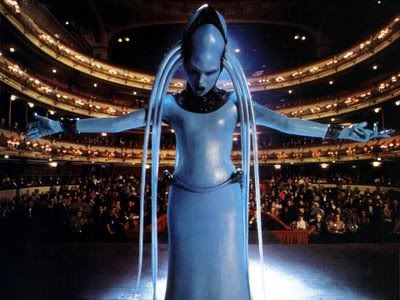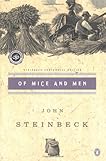So, to kick things off with a bang, here's one of my reviews of IT, by Stephen King. I recently re-read this for my NJ Stephen King bookclub, but this is the review that I had written during my last re-read - the one previous to this readthrough. However, I feel that it's the better review so I offer it up here instead. Enjoy!
 When I mentioned to a friend that I was re-reading IT, he replied with "Ehh, It's just Stand By Me with a monster. It's overrated." It should be noted that this friend is a movie person (if that wasn't apparent by his use of the movie's title, and not the story's title "The Body"), and I am a book person. It's like we're speaking different languages when we talk about King, because his books, in my personal opinion and with a few exceptions, do not good adaptations make. And since my friend is likely basing his comment on the movie, well... then we're talking about two very different things.
When I mentioned to a friend that I was re-reading IT, he replied with "Ehh, It's just Stand By Me with a monster. It's overrated." It should be noted that this friend is a movie person (if that wasn't apparent by his use of the movie's title, and not the story's title "The Body"), and I am a book person. It's like we're speaking different languages when we talk about King, because his books, in my personal opinion and with a few exceptions, do not good adaptations make. And since my friend is likely basing his comment on the movie, well... then we're talking about two very different things. There are similarities between The Body/Stand By Me and IT - each has a group of kids inspired into action on behalf of a dead kid, and there's a bullying theme, as well as a main character that grows up to be a writer. Though I'd argue that these themes are not necessarily uncommon in King's writing in general. Writing about kids is something that King does remarkably well, especially kids who aren't necessarily strong or popular or conventionally "normal". He writes outcasts and kids who are different in one way or another, and where there are outcasts, there are bullies.
But IT is more than just a story about some kids who fight a monster. It's a story of finding the people who complete you, your Ka-tet, if you will. It's a story of bravery and imagination and belief and sacrifice and resilience, of the loss of childhood's innocence, of the necessity at times to recapture the essence of childhood in adulthood.
And IT's about a monster. What the monster is doesn't actually matter. It's like a boggart - it will be what you fear. The monster feeds on pure emotions, fear and chaos and anger and pain, and uses those things to create more. It's influence is a part of Derry, and Derry itself is monstrous in its indifference.
There are many little stories related in Mike Hanlon's interludes about how Derry residents participated in (or sat by and watched, or just ignored) horrible events... beatings, arson, murders, child abuse. The adults in Derry are too far gone in their Grown Up Minds to imagine that there's a source behind this mass violence and indifference... and so it's up to some children to stop it.
I loved watching these kids come together to form the Loser's Club. Honestly, it was a little heartbreaking for me at the same time, because I would have gladly been friends with every one of them, and it hurt me to see them so alone before they found each other. It hurt me to see Ben exclude himself automatically, on the assumption that the fat boy won't be wanted, in an attempt to prevent his own hurt in being excluded by others. It hurt me to see Bill's parents so horribly, selfishly excluding him from their grief and love and lives. They push him away at every turn, never once thinking that he might be hurting as well, never once thinking that he might be blaming himself or need help or support or just his parents. It hurt me to see Mike hurt and hated for simply being black. And Stan for being Jewish. And to see Eddie so cruelly limited and kept apart by his mother whose idea of love is wrapping the poor kid in bubble-wrap and never letting him experience anything at all. And Beverly, whose father's "worrying" leaves her black and blue... And Richie whose mouth runs away from him and gets him into trouble.
There was a bit, toward the end of the book, when Stuttering Bill is standing against IT, that almost brought me to tears despite it being a simple throwaway line in the middle of a dozen empowering realizations: "[...]no more Losers, no more cowering in a hole in the ground and calling it a clubhouse". This was cushioned on each side with powerful emotional images, but THIS line stood out to me, because even though it was just a hole in the ground that they called a clubhouse, the fact that they were together to inhabit it actually made it one, and I was so proud of them for just the simple act of friendship and inclusion that made the place special and safe for them.
And so it hurt me again when their friendship was a sacrifice. It just struck me as so unfair that these 7 kids who found comfort and safety with each other were not able to keep their memories of each other. That in itself is monstrous to me, because the friendship had meaning to them, even if they couldn't remember what they did with it, and for that to be taken was cruel. But IT, and life, I guess, just takes and takes.
I really liked the way that this was written, as well. How the past and the present wound together toward a central point of impact, and the duality of the story, rather than being hard to follow, was perfectly done and made the story. I loved learning about the Losers' childhood experiences as their adult versions' memories returned in increments. I liked seeing how the characters ended up, and how their lives were influenced by their childhood experiences - both positively and negatively.
I particularly respected Mike for his role as the one to man the lighthouse. Big Bill might be the leader, the one galvanized into action against the monster who murdered his brother, but Mike stayed and remembered and watched. And that takes a huge amount of courage in light of what he knew they were up against, and especially on faith that his now adult friends who have forgotten everything about IT will return to help him fight it again. What if they'd just said "Mike? Mike who? Got the wrong number, buddy." and hung up on him. Would he have tried to beat IT on his own? I think he'd have tried, because he alone knew that it would just keep killing kids, cycle after cycle, and that it meant to spread. I don't think that he could have lived with himself if he didn't do something, even if his effort was for nothing.
I also really liked seeing a lot of the references to the Dark Tower series (though they may actually be IT referenced in the Dark Tower books), and some other books as well. It took me a little time to place some of them, like the sunflowers at the Neibolt Street house saying "Our boy?", and I feel like there are still others that I didn't recognize, but it was fun to stumble over these little Easter Eggs.
I did find a few things a bit disappointing, though. I would have liked for there to have been more closure with Tom. I feel like he got off incredibly easily. And I thought that it was a little implausible that the spreading I mentioned would have taken as long as it did. Based on Richie and Mike's vision of IT's pre-historic arrival to the Derry valley, what took so long?
But overall, I loved the book this time around - much more than the first time I read it. I think that the format had a lot to do with that. Steven Weber read the audiobook for this one, and it was fantastic. His reading of IT, the giggle, the gurgling chuckle, the evil good humor fading into menace, and then to a towering rage were all enough to give me goosebumps. His reading of Tom and Bev's father were fantastic as well. He did the voices, but in a subtle way that felt right and not cartoonish or over the top (except when that was called for).
This is a book about children and a thing that lives in the sewers, so there were of course a fair few examples of toilet humor, but if you dig just the tiniest bit, there's a powerful story underneath. And I'm quite happy to say that I wholeheartedly recommend it.




